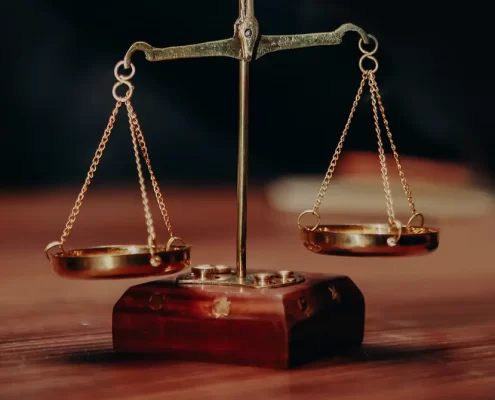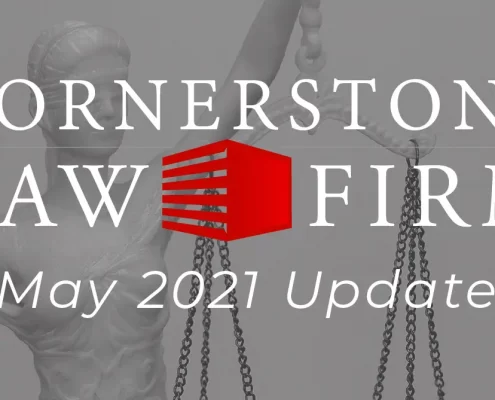
5 Tips for Social Media Use During a Lawsuit
Lawsuit, LitigationSocial media plays a huge role in our lives. From building community and staying connected to finding a job or your future spouse, social media is increasingly the lifeblood of modern society. Although Facebook, TikTok, Twitter, Instagram, Snapchat…

Six Dos and Don'ts when Getting Sued
Civil Law, Lawsuit, LitigationKnock, knock! The Sheriff shows up at your door and hands you papers. “You’re being sued,” he quietly explains, and perhaps asks you to sign something noting you were served. As you close the door behind you, a number of thoughts may drift…

Business litigation in Lehigh County
Business Law, Lawsuit, LitigationWhen it comes to running a business, every experienced entrepreneur knows that it’s only a matter of time before a great idea well-executed will meet with conflict. Whether it’s a competitor making false claims about you, a large customer…

Motion to Compel
Federal Court, LitigationA motion to compel is a document filed with a court asking for someone to produce “discovery” as part of a lawsuit. A motion to compel may ask the court to require someone to produce documents, the answer to a question, a witness for a deposition…

May 2021 Update
Berks County, Civil Law, Contracts, Litigation, Personal Injury, Property, UpdatesMay 2021 has been filled with trials and advanced litigation for the attorneys of Cornerstone Law Firm. On the civil side, attorney Joel Ready spent time litigating a partnership dispute in Lehigh County court, giving advice to several businesses…

Contract Cases in Federal Court
Federal Court, Lawsuit, Litigation
When your business is sued in federal court, it can be a strange and surprising experience. A common question that we receive from business owners is, “How can my business be sued in federal court over a contract? Isn’t federal court just…

Harassment Charges in Berks County Dismissed – March 2020
Criminal Law, Litigation
Last month, Attorney Joel Ready obtained dismissal of harassment charges in Berks County. The charges had been filed against a defendant over an alleged dispute with an ex-girlfriend. After oral argument in front of a Berks County Magisterial…

Representation in Federal Court
Federal Court, Lawsuit, Litigation
If you’ve been sued in the Federal District Court for the Eastern District of Pennsylvania, there are a number of questions you will need to confront quickly. These questions include whether you were properly sued in the Eastern District,…

Waiving Summons in Federal Court
Lawsuit, Litigation
When you have been sued in federal court, it is customary for the attorney who represents the plaintiff (the person suing you) to reach out to you by email or letter with a copy of a Waiver of Summons. An example of what this document looks…

Criminal Trial Attorneys in Berks County
Criminal Law, Litigation
If you are facing criminal charges in Berks County, Pennsylvania, you will find yourself facing several very important questions as you strategize how to handle your case. The chief among all these questions is whether you should go forward…
